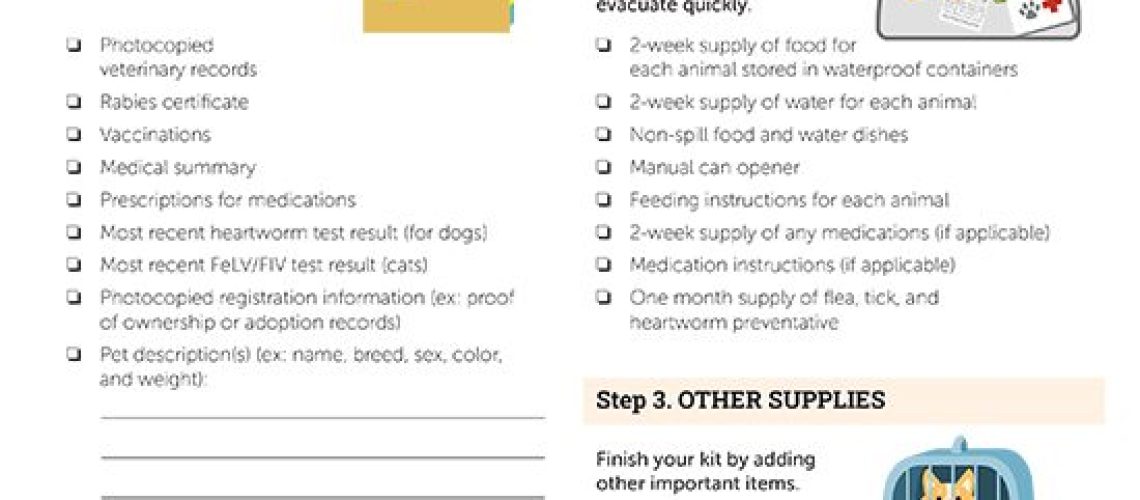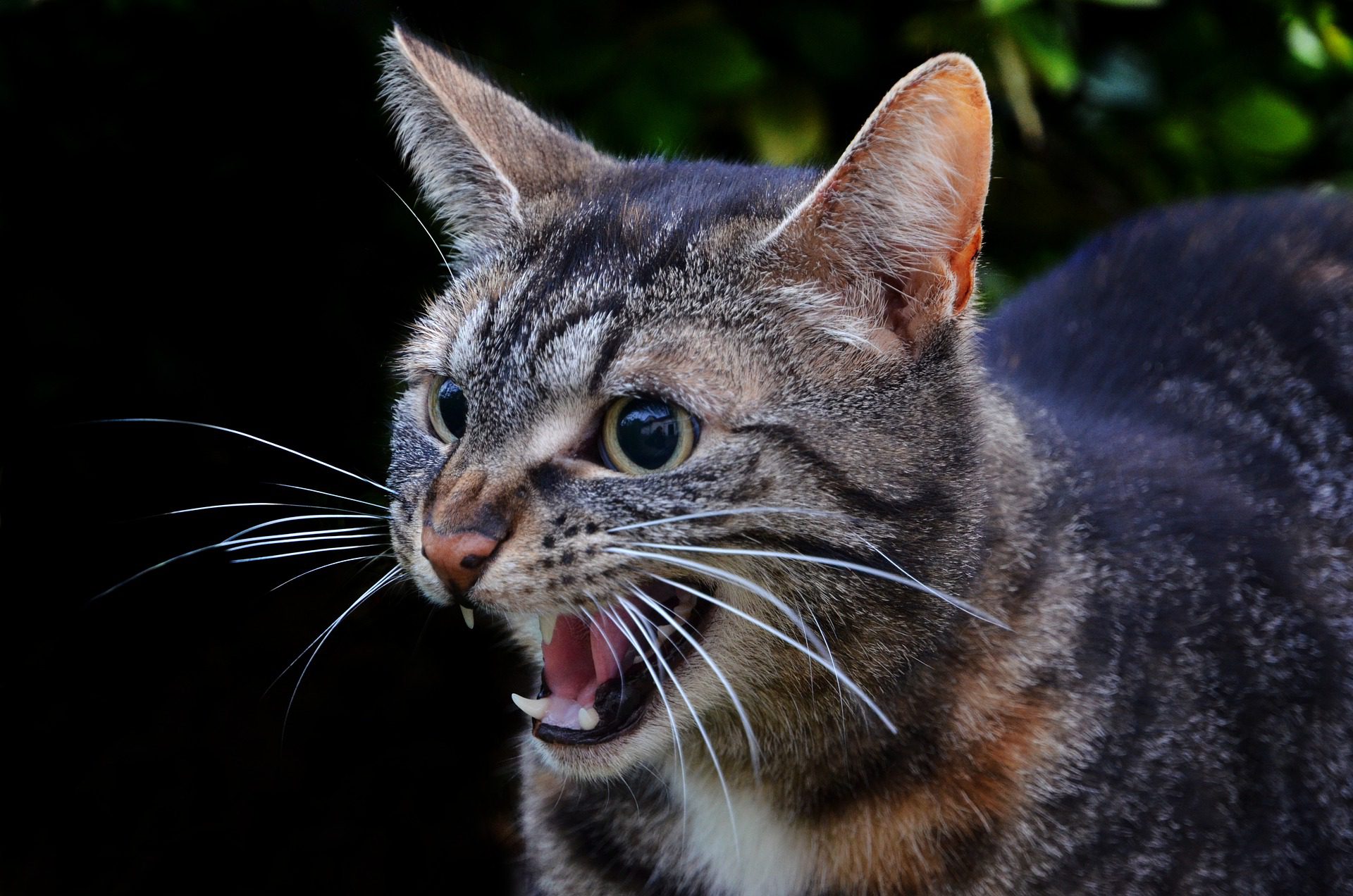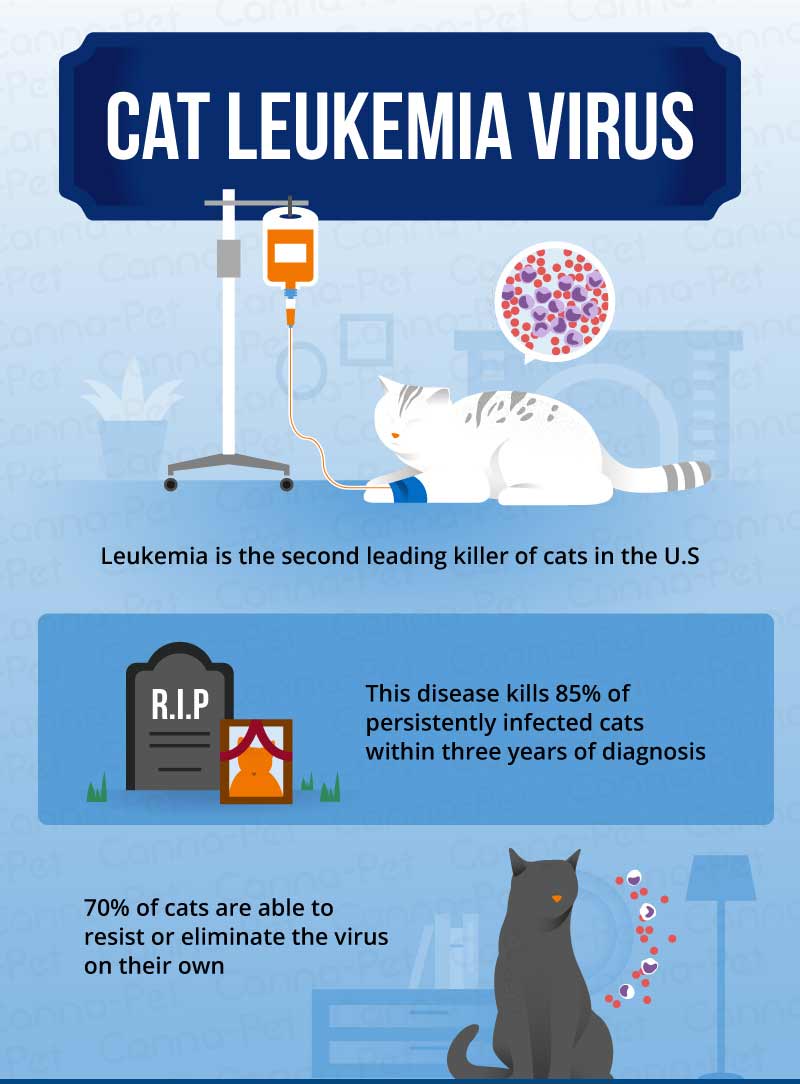Welcome to the ultimate guide for cat owners on preventing rabies! If you're a proud owner of a furry feline friend, then this is the perfect topic for you. By understanding how to protect your beloved pet from this deadly disease, you'll not only ensure their safety but also enjoy peace of mind knowing that you've taken the necessary steps to keep them healthy and happy. Did you know that rabies affects thousands of animals each year, including cats? But fear not, because with the right knowledge and preventive measures, you can significantly reduce the risk of your cat contracting this dangerous virus. So let's dive into this important subject together and equip ourselves with the tools to safeguard our furry companions. Get ready to become an expert in preventing rabies in cats!
Key Takeaways:
- Rabies is a deadly viral disease that affects the central nervous system and can be transmitted to humans through cat bites or scratches.
- Vaccinating your cat against rabies is crucial for their protection and to prevent the spread of the disease.
- Keep your cat indoors or supervised to minimize their exposure to potentially infected animals, reducing the risk of contracting rabies.
- If your cat gets into a fight with another animal or is bitten by a wild animal, seek immediate veterinary attention and report the incident to local authorities.
- Educate yourself about the signs and symptoms of rabies in cats, such as behavioral changes, excessive drooling, and aggression, as early detection can save your pet's life.
What is Rabies and Why Cat Owners Should Know About It
Rabies is a deadly viral disease that can affect cats and other animals. It attacks the nervous system and can cause severe illness or even death. As a cat owner, it's important to be aware of rabies because it can pose a serious threat to your pet's health and safety.
Cats are at risk of contracting rabies if they come into contact with an infected animal, such as a raccoon, bat, or another cat that has the virus. Rabies is usually transmitted through bites or scratches from an infected animal, but it can also be spread through saliva or other bodily fluids.
If your cat becomes infected with rabies, they may exhibit various symptoms such as aggression, excessive drooling, difficulty swallowing, and changes in behavior. They may also become paralyzed or have seizures. It's crucial to recognize these signs early on so you can seek immediate veterinary care for your cat.
How Cats Can Get Infected with Rabies and Common Symptoms to Look Out For
Cats can get infected with rabies if they come into contact with an animal that carries the virus. This usually happens through bites or scratches during fights with infected animals like raccoons or bats. However, any mammal can potentially carry the virus.
It's essential for cat owners to be vigilant and watch out for common symptoms of rabies in their pets. Some signs to look out for include behavioral changes such as increased aggression or restlessness, excessive drooling or foaming at the mouth, difficulty swallowing, and unexplained paralysis. Cats may also display abnormal vocalizations or exhibit unusual fear of water.
If you notice any of these symptoms in your cat, it's crucial to contact your veterinarian immediately. Remember that early detection and treatment can greatly increase the chances of survival for your cat.
Steps to Prevent Rabies in Cats - What Cat Owners Can Do
As a responsible cat owner, there are several steps you can take to prevent rabies in your furry friend:
Vaccination:
Ensure that your cat receives regular vaccinations against rabies. Vaccines are highly effective in preventing the disease and are typically given as a series of shots. Talk to your veterinarian about the recommended vaccination schedule for your cat.
Indoor Living:
Keep your cat indoors to minimize their exposure to potentially infected animals. This will reduce the risk of encounters with wildlife or stray cats that may carry the virus.
Avoid Stray Animals:
Avoid contact with stray animals, especially if they appear sick or behave aggressively. Stray cats and other animals are more likely to carry diseases like rabies.
Safe Disposal of Carcasses:
If you come across a dead animal, do not touch it with bare hands. Use gloves or a shovel to safely dispose of it, as some carcasses may still contain the virus.
Vaccinations for Rabies Protection in Cats - How Often They're Needed
Vaccinations play a crucial role in protecting cats from rabies. The vaccine stimulates the immune system to produce antibodies that fight against the virus, providing long-term protection for your pet.
In most countries, including the United States, it is mandatory by law to vaccinate cats against rabies. The initial vaccine is usually given when kittens are around 12-16 weeks old, followed by booster shots at regular intervals determined by local regulations and veterinary recommendations. These boosters help maintain adequate levels of protection throughout your cat's life.
It's important to keep track of your cat's vaccination schedule and ensure they receive their booster shots on time. Regular vaccinations not only protect your cat but also help prevent the spread of rabies in the community.
The Risk of Humans Contracting Rabies from Infected Cats - Precautions to Take
While it is rare for humans to contract rabies from cats, it is still important to take precautions to protect yourself and others:
Avoid Contact with Stray or Unknown Cats:
Avoid handling stray or unknown cats, especially if they show signs of illness or aggression. If you come into contact with a cat that may be infected, immediately wash the affected area with soap and water for at least 10 minutes.
Seek Medical Attention:
If you are bitten or scratched by a cat, even if you think it is unlikely to have rabies, seek medical attention immediately. The doctor will evaluate the situation and determine whether further preventive measures such as post-exposure prophylaxis (PEP) are necessary.
Report Animal Bites:
If you witness an animal bite incident involving a cat or any other animal, report it to local animal control authorities. This helps them track potential rabies cases and take appropriate actions to prevent its spread.
Suspecting Rabies Exposure or Infection in Your Cat - What to Do
If you suspect that your cat has been exposed to rabies or shows symptoms of infection, take the following steps:
Isolate Your Cat:
Keep your cat away from other animals and people until you can consult a veterinarian. This prevents potential transmission of the disease.
Contact Your Veterinarian:
Call your veterinarian and explain the situation. They will provide guidance on what steps to take next, which may include bringing your cat in for an examination or observation.
Follow Veterinary Recommendations:
Follow your veterinarian's instructions carefully. They may recommend quarantine, additional tests, or treatment options depending on the situation. It's important to prioritize the health and safety of both your cat and those around them.
Where to Find More Information and Resources on Preventing and Treating Rabies in Cats
If you want more information on preventing and treating rabies in cats, consider the following resources:
Veterinarian:
Your veterinarian is an excellent source of information. They can answer any specific questions you have about rabies prevention, vaccination schedules, and treatment options.
National or Local Health Departments:
Contact your national or local health department for educational materials on rabies prevention. They often provide brochures or online resources that can help you better understand the disease and its implications.
Websites and Online Articles:
There are numerous reputable websites dedicated to pet health that offer comprehensive information on rabies prevention in cats. Look for websites affiliated with veterinary associations or well-known animal welfare organizations for reliable information.
Remember, staying informed is crucial for keeping your cat safe from rabies.
In conclusion, it is crucial for cat owners to take preventive measures against rabies. By vaccinating their cats, keeping them indoors, and avoiding contact with wild animals, they can ensure the safety and well-being of their beloved pets.
Should the cat owner get rabies vaccine?
Indeed, in the majority of states and provinces, it is mandatory to have cats vaccinated against rabies. This vaccination is crucial for the safety of both humans and cats. Rabies vaccines have a high success rate and are typically administered to kittens between the ages of three and four months.
How can I prevent my cat from getting rabies?
To ensure the health and safety of your pets, it is important to regularly take them to the veterinarian and ensure that their rabies vaccinations are kept up-to-date. Additionally, it is essential to keep cats and ferrets indoors and closely supervise dogs to maintain control over them.
How likely is it for a cat to have rabies?
Cases of rabies in cats are very uncommon.
Should you get rabies vaccine for indoor cats?
Indoor cats should also be vaccinated against rabies, according to Whittemore. This is not only because it may be required by your state, but also because even though the chances of an indoor cat encountering the rabies virus are low, it is still possible.
Can a healthy cat give you rabies?
Is it possible for cats to transmit rabies to humans? If a cat has rabies, it can transmit the virus to its owner. However, direct contact with the saliva of an infected animal is required to contract rabies. Simply being licked or drooled on by a cat does not put you at risk of getting rabies.
Do indoor cats really need vaccines?
Indoor cats typically only need to be vaccinated against feline panleukopenia virus, feline herpesvirus-1, and feline calicivirus. These essential vaccinations are recommended for all cats, regardless of whether they are kept indoors or outdoors, due to the serious and common nature of these diseases.

















